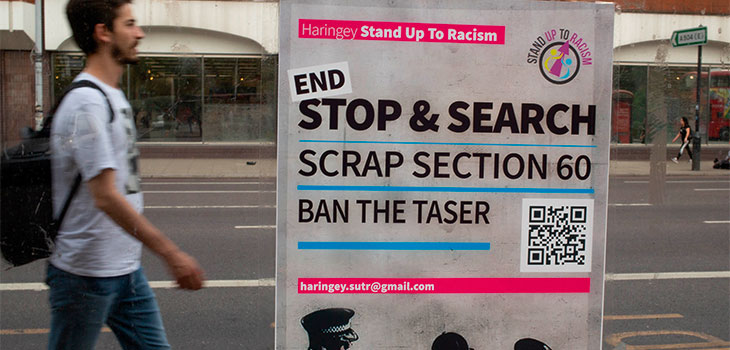
In brief
- Key features of Serious Violence Reduction Orders.
- Serious Violence Reduction Orders in practice.
The present Conservative Government has thus far had limited opportunities to set its own agenda what with the need to focus on all aspects of the Coronavirus pandemic. In the last few weeks, however, it has started to make good on some of the pledges in its pre-election manifesto relating to particular policy areas. Thus, for example, it has established a panel to carry out ‘an independent review of administrative law’ (https://bit.ly/3jge9X9). More recently, on 14 September 2020, the Home Office launched a consultation on the introduction of Serious Violence Reduction Orders (see see https://bit.ly/30inGpm) to reflect a commitment made in Get Brexit Done—Unleash Britain’s Potential (at p18). In the discussion which follows, the main proposals in the consultation document will be explained and considered.
Knife crime
As the consultation paper








